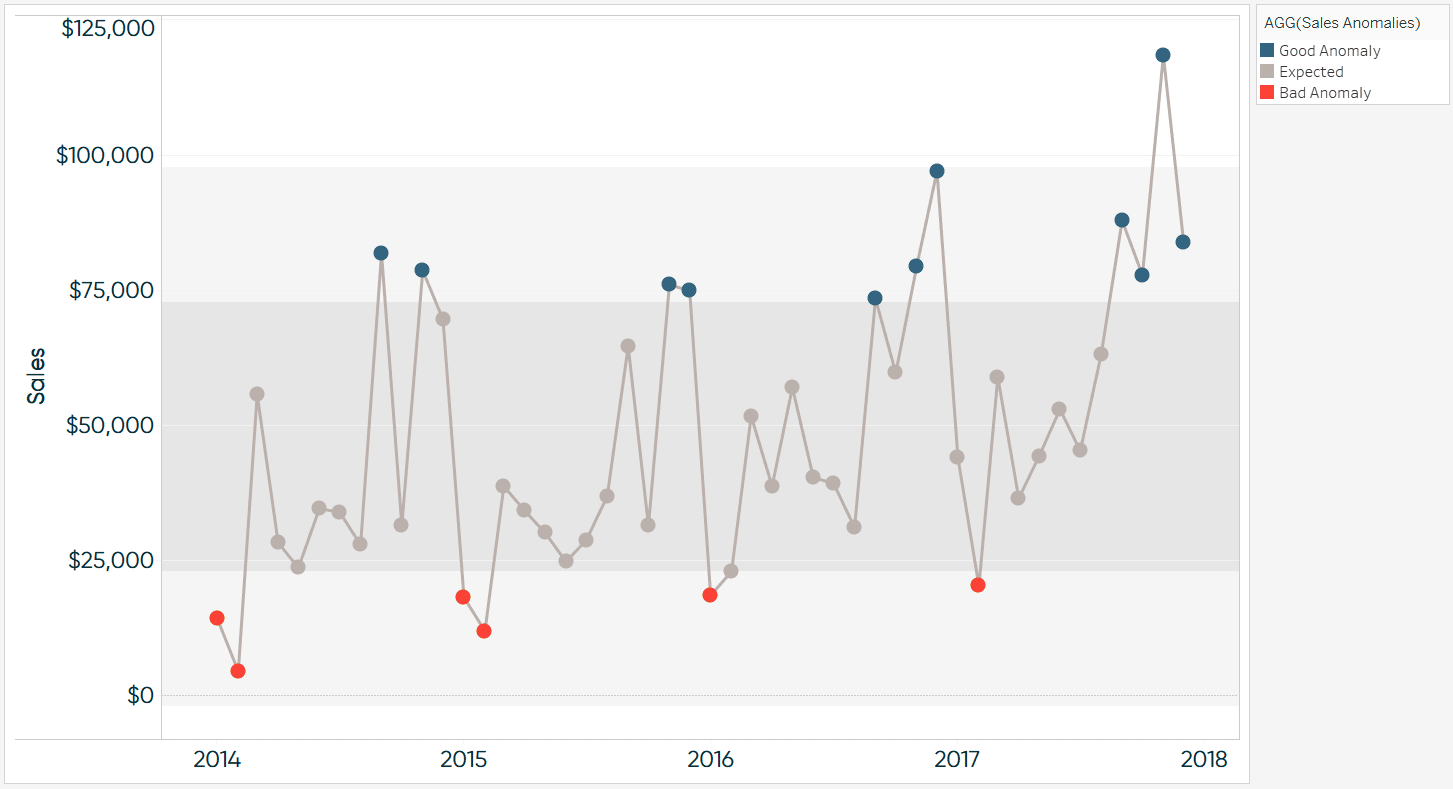Over-the-Counter Birth Control: A Post-Roe Game Changer?

Table of Contents
Increased Access to Birth Control
Before the potential widespread availability of OTC birth control, accessing contraception presented significant hurdles for many. Doctor visits, insurance coverage requirements, and geographical limitations created barriers, particularly impacting underserved populations. OTC birth control could revolutionize access:
- Reduced reliance on doctor visits and appointments: Obtaining a prescription often requires scheduling an appointment, which can be difficult for individuals with busy schedules or limited transportation options. OTC access eliminates this barrier.
- Elimination of insurance coverage hurdles: Many individuals lack health insurance or have plans with limited contraceptive coverage. OTC birth control bypasses these insurance limitations, making it accessible regardless of financial status.
- Improved accessibility in rural and underserved areas: Limited access to healthcare providers in rural areas poses a considerable challenge. OTC birth control would democratize access, bringing it to communities previously underserved.
- Greater convenience and privacy: Purchasing birth control discreetly, without a doctor's visit, increases privacy and convenience for individuals.
The Impact on Affordability
The cost of prescription birth control can be substantial, representing a significant financial burden for many. OTC options could dramatically improve affordability:
- Lower out-of-pocket expenses for consumers: Removing the prescription requirement typically translates to lower costs for consumers, making birth control more financially attainable.
- Reduced burden on insurance companies: With fewer individuals relying on insurance coverage for contraception, the overall cost to insurance providers could decrease.
- Potential for government cost savings: Reduced reliance on publicly funded healthcare programs for contraception could result in substantial government savings.
- Comparison of costs with other contraceptive methods: A comparison of OTC birth control costs with other methods, like IUDs or implants, will be crucial to assess its overall affordability and value.
Concerns Regarding Affordability
While OTC availability has the potential to lower costs, it doesn't guarantee affordability for everyone. Market dynamics could lead to increased prices, particularly if demand significantly outstrips supply. Government subsidies or assistance programs may be necessary to ensure equitable access for low-income individuals.
Safety and Misinformation Concerns
Self-medication always carries risks, and the potential for misuse or incorrect usage of birth control pills and emergency contraception is a legitimate concern. Addressing this requires a multi-pronged approach:
- Need for clear and accessible information on proper usage: Comprehensive educational materials and resources are essential to ensure safe and effective use.
- Role of public health campaigns to address misinformation: Targeted public health campaigns can combat misinformation and provide accurate information about various birth control methods.
- Importance of patient counseling and readily available support: Pharmacists will play a crucial role in providing guidance and answering patient questions.
- The risk of incorrect medication selection and potential side effects: Clear labeling and readily available information about potential side effects are critical to mitigate risks.
The Role of Pharmacists and Healthcare Professionals
Pharmacists will assume a significantly enhanced role in providing guidance and counseling on OTC birth control. This demands increased training and collaboration:
- Pharmacists' expanded role in patient education and counseling: Pharmacists will need extensive training on various contraceptive methods and the ability to identify potential contraindications.
- Increased demand for pharmacist training on contraception: Educational programs focused on contraception counseling are crucial to ensure pharmacists are adequately equipped.
- Integration of telehealth services for support and guidance: Telehealth can enhance access to support and guidance, particularly for those in remote areas.
- Potential for pharmacists to screen for contraindications: Pharmacists' expertise can play a vital role in screening patients for potential contraindications before dispensing OTC birth control.
Over-the-Counter Birth Control: A Step Towards Reproductive Freedom?
The debate surrounding OTC birth control highlights a complex interplay of access, affordability, safety, and individual responsibility. While increased access and affordability are significant potential benefits, addressing safety concerns and combating misinformation are crucial. The expanded role of pharmacists will be critical to ensure responsible dispensing and patient education. The availability of over-the-counter birth control is a significant step towards ensuring reproductive freedom. Stay informed about the latest developments in over-the-counter birth control options and continue the conversation about access to reproductive healthcare. Advocate for policies that promote reproductive health and access to affordable contraception.

Featured Posts
-
 Brett Goldsteins Thought Dead Cat Analogy Understanding Ted Lassos Revival
Apr 24, 2025
Brett Goldsteins Thought Dead Cat Analogy Understanding Ted Lassos Revival
Apr 24, 2025 -
 The Bold And The Beautiful Spoilers Hopes Double Shocker Liams Promise To Steffy And Lunas Big Move
Apr 24, 2025
The Bold And The Beautiful Spoilers Hopes Double Shocker Liams Promise To Steffy And Lunas Big Move
Apr 24, 2025 -
 China Diversifies Lpg Supply Turning To Middle East Amidst Us Trade Wars
Apr 24, 2025
China Diversifies Lpg Supply Turning To Middle East Amidst Us Trade Wars
Apr 24, 2025 -
 New Ja Morant Investigation Launched By The Nba A Deeper Look
Apr 24, 2025
New Ja Morant Investigation Launched By The Nba A Deeper Look
Apr 24, 2025 -
 Nancy Mace Faces Heated Exchange With Constituent In South Carolina
Apr 24, 2025
Nancy Mace Faces Heated Exchange With Constituent In South Carolina
Apr 24, 2025
Latest Posts
-
 Payton Pritchard Boston Celtics Sixth Man Of The Year Award
May 12, 2025
Payton Pritchard Boston Celtics Sixth Man Of The Year Award
May 12, 2025 -
 Celtics Pritchard Takes Home Sixth Man Of The Year Award
May 12, 2025
Celtics Pritchard Takes Home Sixth Man Of The Year Award
May 12, 2025 -
 Celtic Payton Pritchards Sixth Man Of The Year Win A Historic Nba Moment
May 12, 2025
Celtic Payton Pritchards Sixth Man Of The Year Win A Historic Nba Moment
May 12, 2025 -
 The Role Of Payton Pritchards Childhood In His Latest Career Feat
May 12, 2025
The Role Of Payton Pritchards Childhood In His Latest Career Feat
May 12, 2025 -
 Celtics Witness Double 40 Point Scoring A Statistical Anomaly
May 12, 2025
Celtics Witness Double 40 Point Scoring A Statistical Anomaly
May 12, 2025
